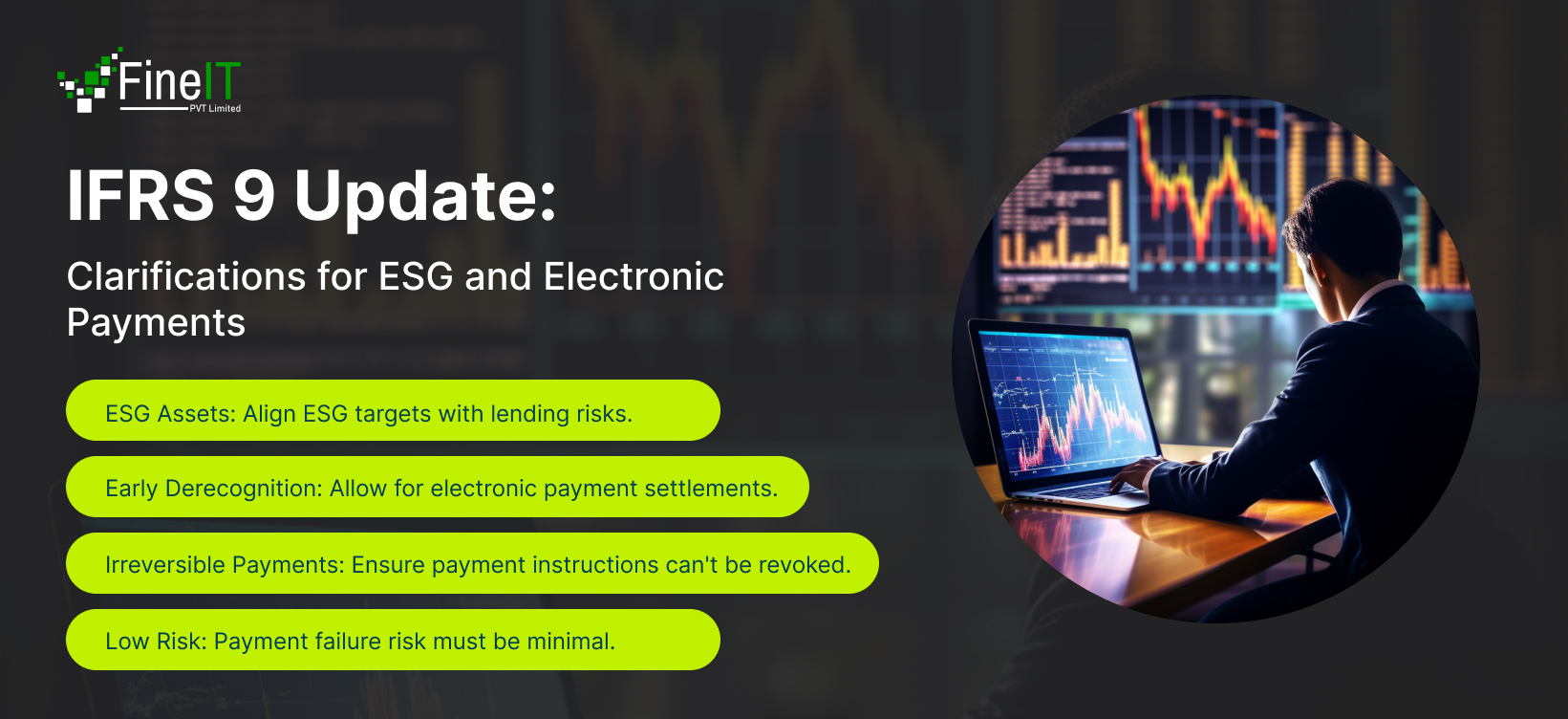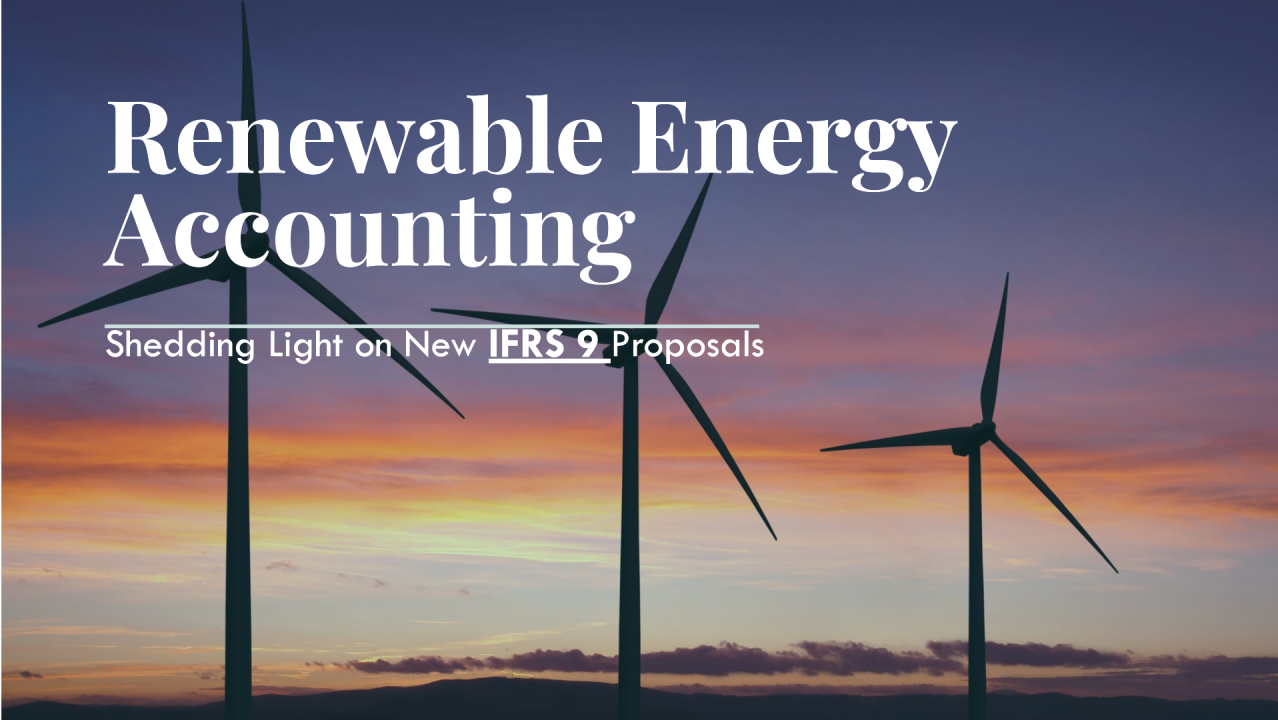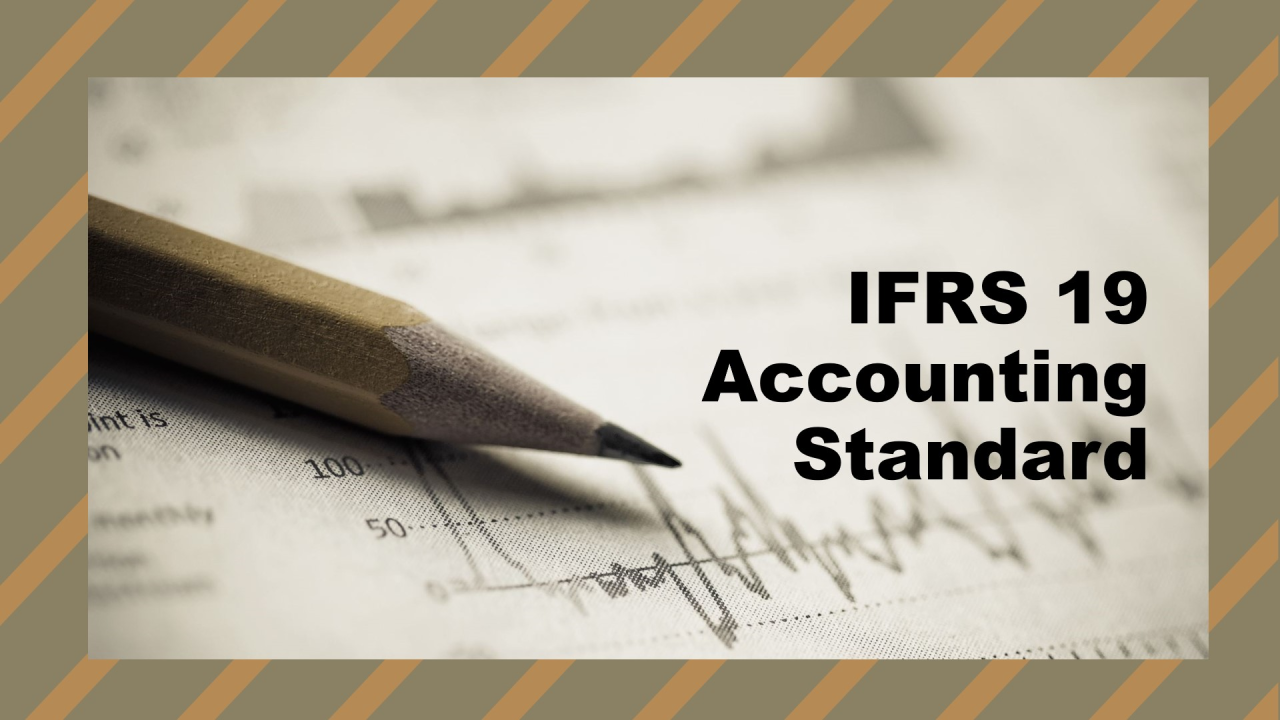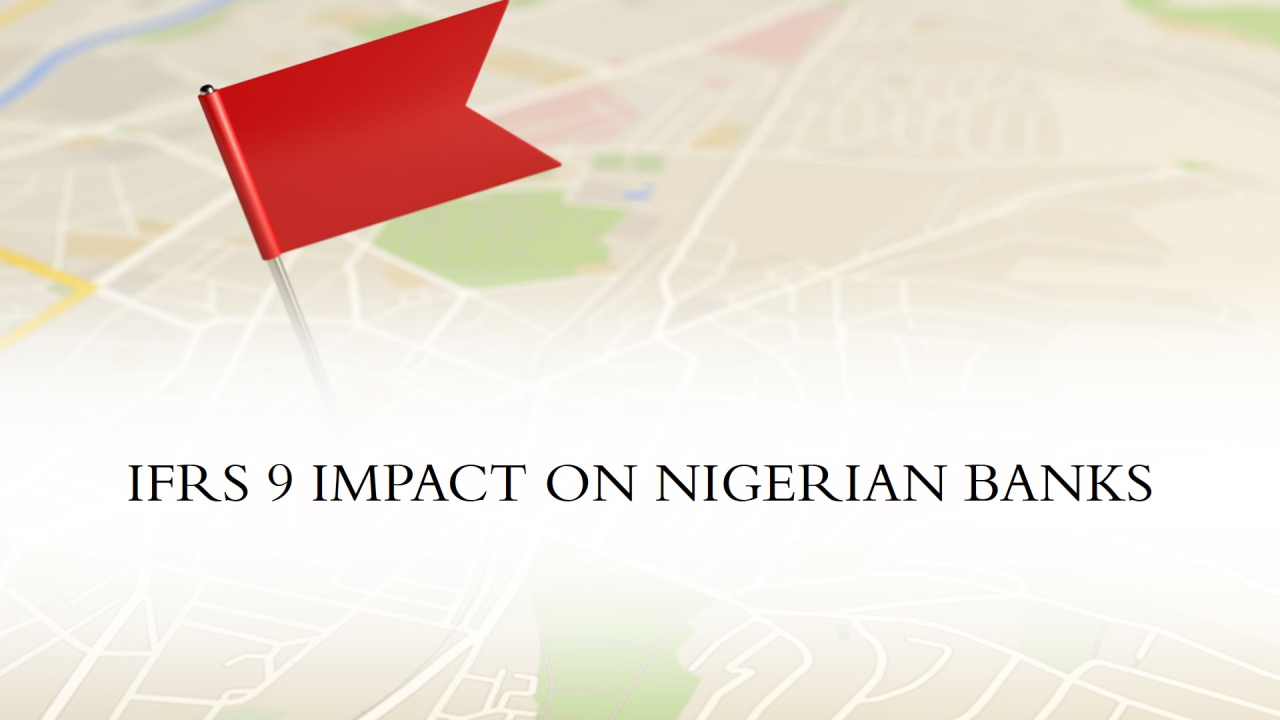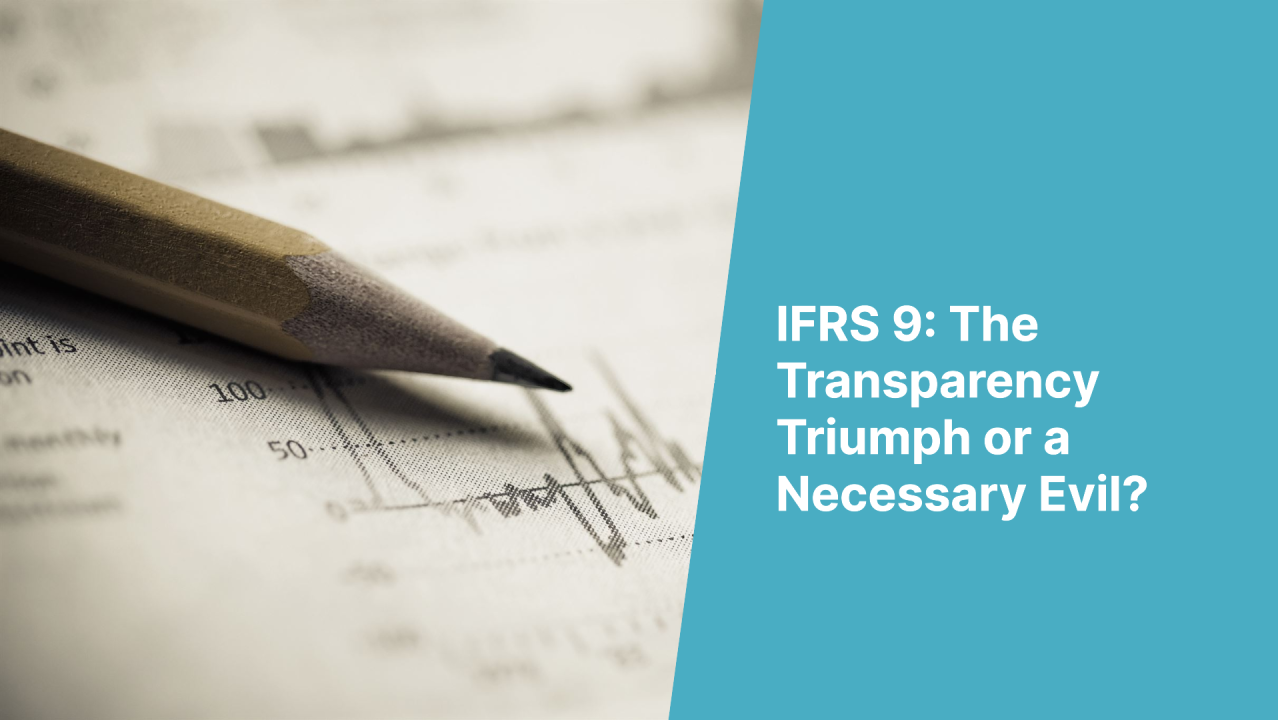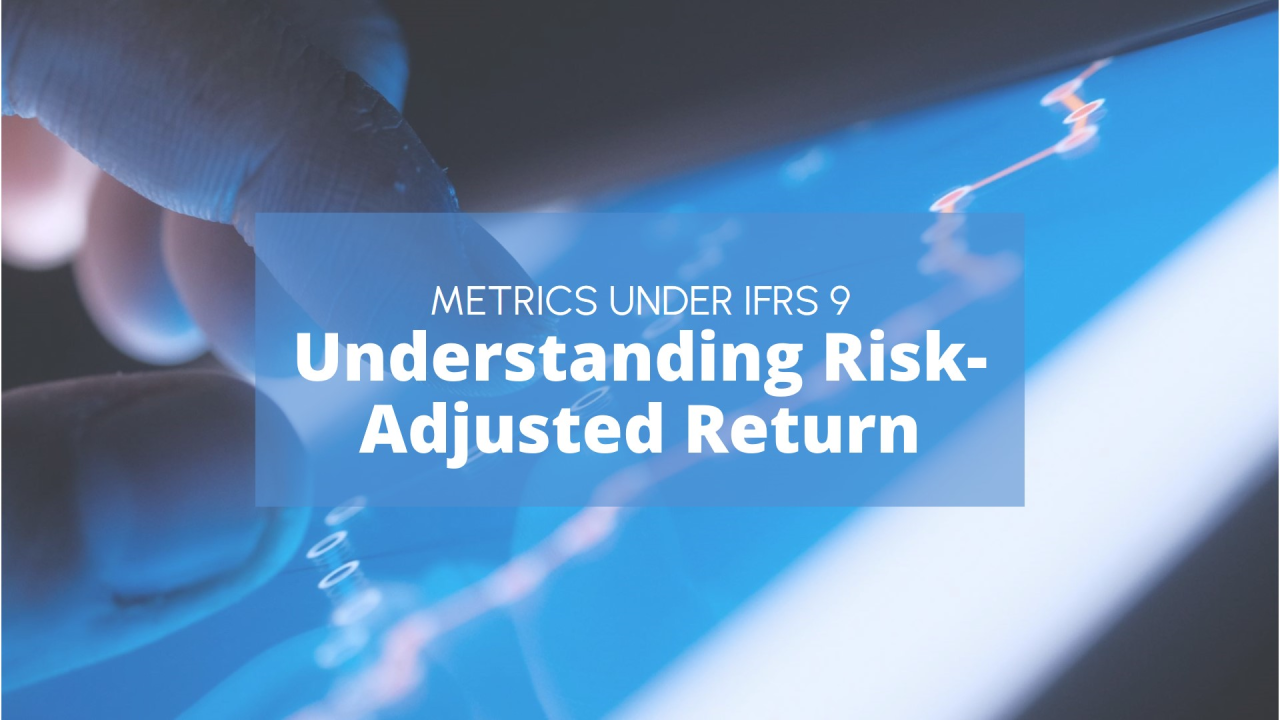IFRS 9 Update: Clarifications for ESG and Electronic Payments
The International Accounting Standards Board (IASB) recently issued amendments to IFRS 9, impacting the classification and measurement of financial instruments. These amendments provide much-needed clarity in two key areas: ESG-Linked Financial Assets Focus on Basic Lending Risks The amendments emphasize that contingent events specific to the debtor, such as ESG performance targets, must align with […]
